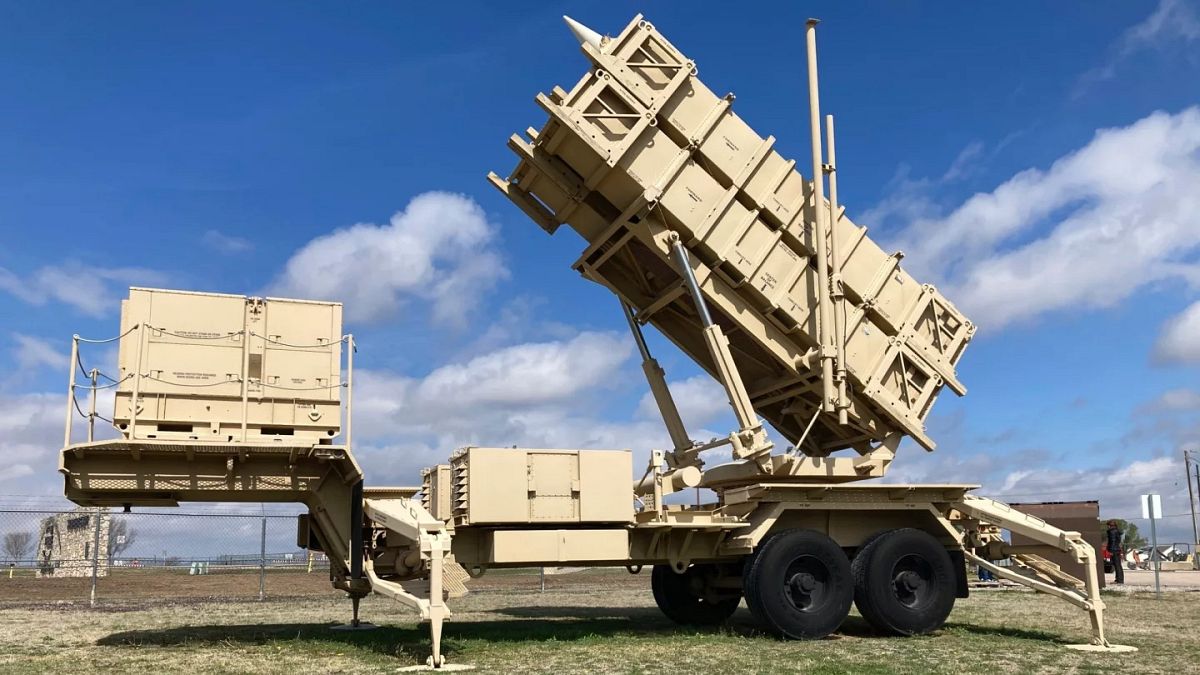

In a world filled with complex relations and evolving tensions, several significant developments have taken place. From shifts in military aid to diplomatic dialogues, each event presents a landscape of careful consideration and strategic decision-making.
Beginning with the situation between the United States and Ukraine, there’s a momentary pause in the shipment of some promised air defense missiles and weapons. This pause arises from the United States’ internal assessments which reveal concerns over the country’s own stockpile levels. The decision underscores a reflective shift in priorities under President Donald Trump’s administration, one that balances global commitments with national security imperatives. Meanwhile, Ukraine finds itself navigating an intensified series of missile and drone strikes from Russia, emphasizing the persistent volatility in the region.
In Iran, President Masoud Pezeshkian has halted cooperation with the International Atomic Energy Agency, a decision aligned with a parliamentary bill. This development signals a shift in Iran’s stance towards international nuclear monitoring and potentially alters dynamics within international nuclear agreements. Such steps invite mindfulness about the evolving strategies in international diplomacy and nuclear politics.
Attention turns to another critical dimension in regional tensions as evidence emerged implicating Russian military actions in the downing of Azerbaijan Airlines Flight 8243. This event, which claimed 38 lives, introduces a new layer of complexity to Azerbaijan and Russia’s fraught relationship, illustrated further by Azerbaijan’s judicial actions against executives of Sputnik, a Russian state-owned news agency. These actions reflect the deteriorating diplomatic ties between the two countries, prompting considerations on future regional stability.
In Europe, Belarus continues to navigate domestic turbulence. The authorities maintain their stance on dissent, characterized by arrests and legal actions against government critics. These responses have persisted since the contested 2020 election of President Alexander Lukashenko. This situation invites reflection on the enduring challenges of political expression and human rights within Belarus.
Shifting focus to the Middle East, the complex and multifaceted landscape of Gaza and Israel captures significant attention. A tragic incident involving an Israeli strike on a crowded Gaza café underscores the harrowing consequences of military engagements on civilian life. In tandem, a broader timeline reveals ongoing turbulence in Gaza amid Israeli-Iran tensions. With humanitarian conditions rapidly deteriorating, efforts towards aid and support continue, albeit amidst the backdrop of intensified military actions and blockades.
In the realm of international dialogue, a notable communication occurred between French President Emmanuel Macron and Russian President Vladimir Putin. Their conversation, the first in three years, delved into the situations in Iran and Ukraine, highlighting unresolved differences in perspectives. This exchange underscores the critical role of continued communication, even amidst varying viewpoints, in nurturing potential pathways towards future resolutions.
In sum, these global developments remind us of the intricacies and interconnections that define international relations today. Amidst the complexities, the ongoing efforts of diplomacy, humanitarian support, and strategic decision-making promise the potential for renewed paths towards peace and understanding.
Source: {link}
